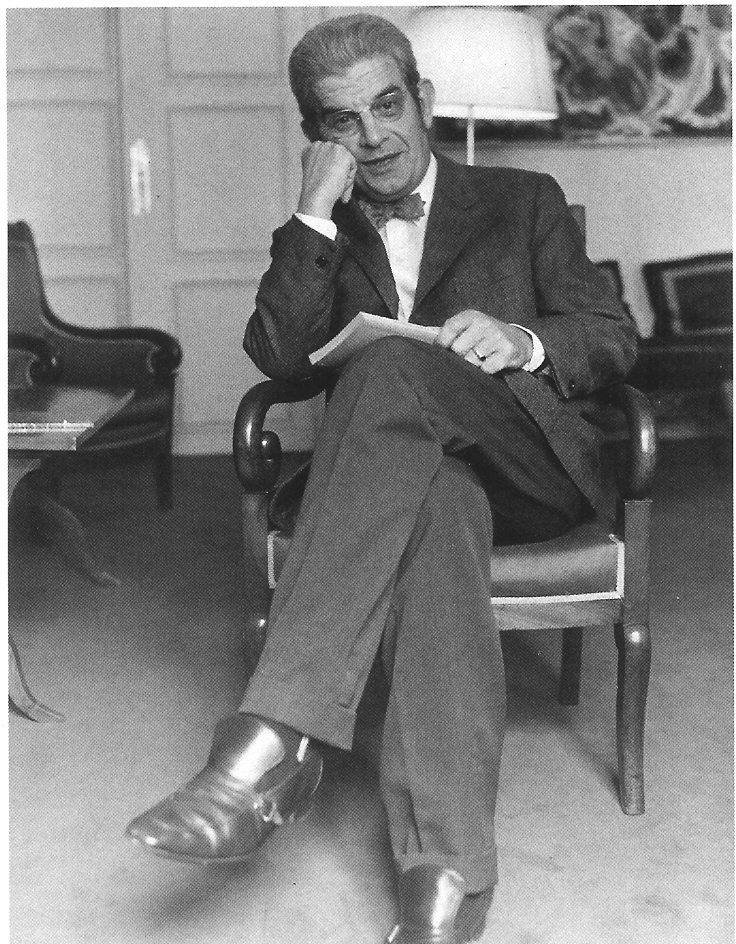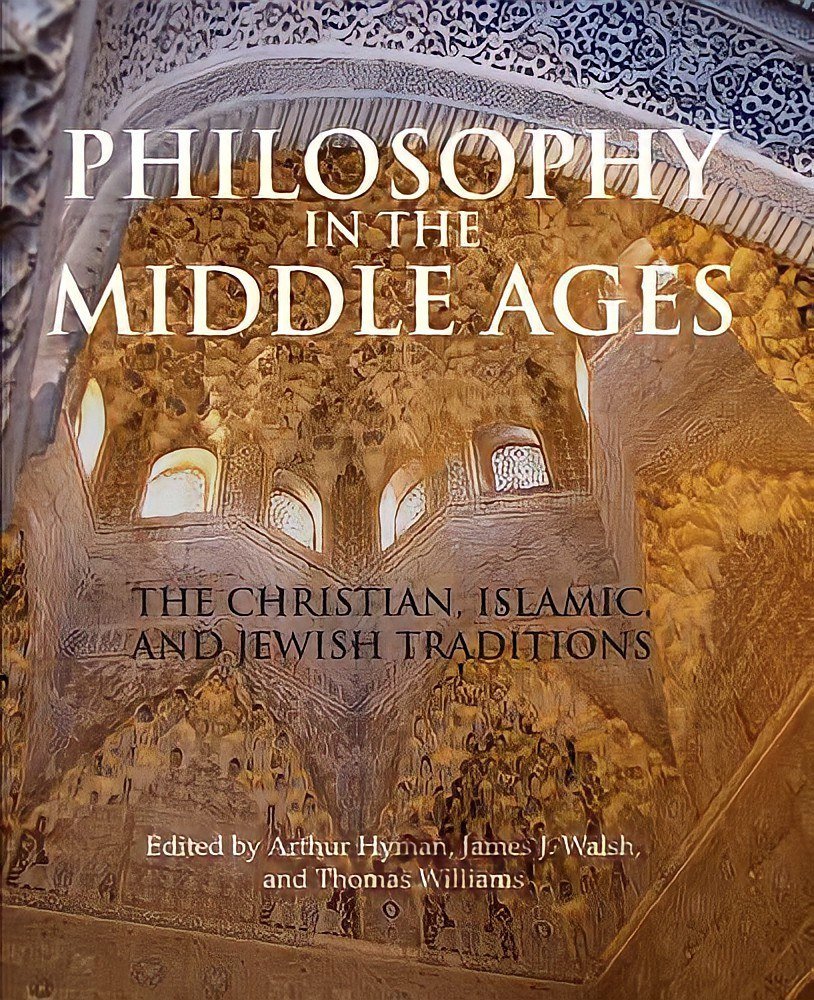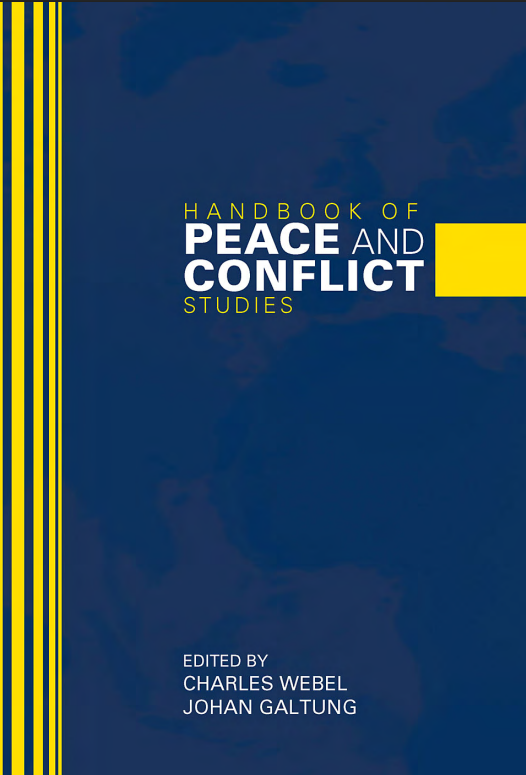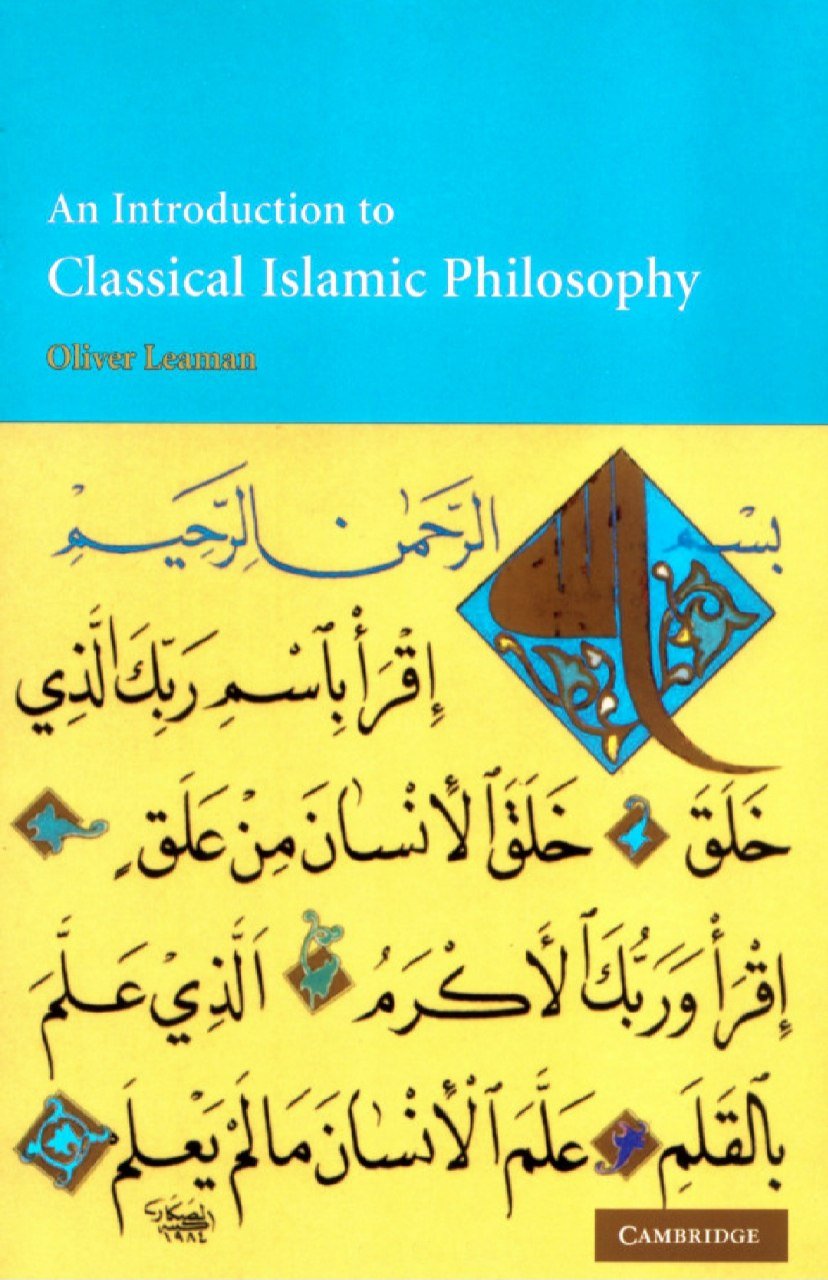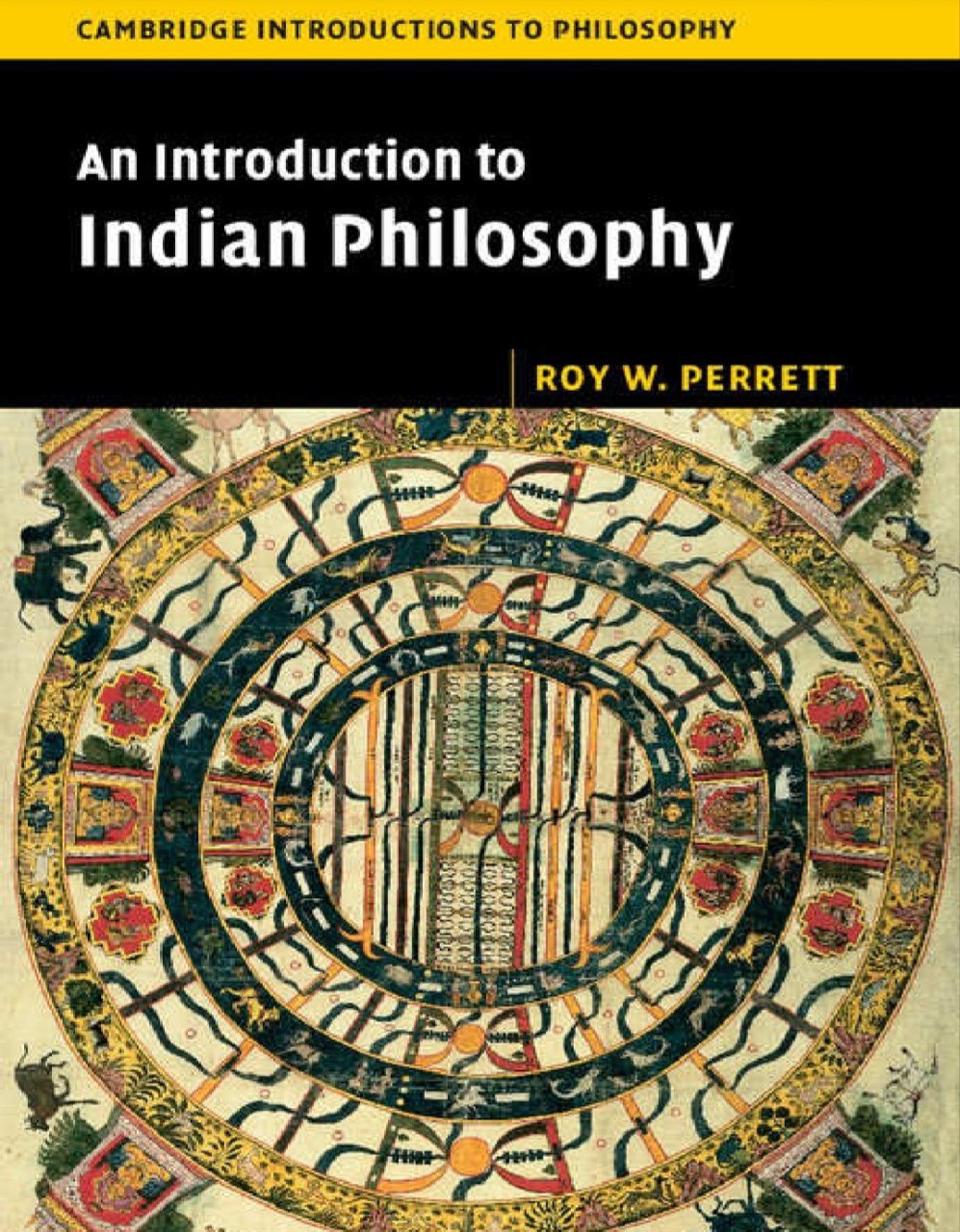

The Seminar of Jacques Lacan, Book II
Reviews
No review yet. Be the first to review this book!
Description
The Seminar of Jacques Lacan, Book II: The Ego in Freud's Theory and in the Technique of Psychoanalysis (1954-1955) is one of the most critical texts in Lacan's psychoanalytic work. In this seminar, Lacan delves deeply into Freud's understanding of the ego and critiques and develops his own interpretation of its role in the psychoanalytic process. Overview: In this seminar, Lacan begins by re-examining Sigmund Freud's concept of the ego, which Freud had initially viewed as an organizing principle of the mind. Lacan critically engages with Freud's ideas, reinterpreting the ego’s function in psychoanalysis, and develops his structuralist theory, which diverges from Freud’s original psychodynamic model. Lacan’s interpretation emphasizes the unconscious structure and the symbolic order, showing how the ego is more than just a coherent sense of self but a product of language and social interaction. Key Themes and Concepts: The Mirror Stage: One of the most influential concepts in Lacanian psychoanalysis, the Mirror Stage, is introduced and elaborated on in this seminar. Lacan explains that during early childhood, the infant experiences a sense of alienation as they recognize themselves in a mirror. This moment of recognition is pivotal in the formation of the ego, as the infant identifies with their image, which is an idealized version of themselves. This misrecognition (or méconnaissance) is central to Lacan's theory of the ego as something that is never fully aligned with the true subject but instead always a reflection, a distorted image of the self. The ego is, therefore, a product of external images and social interactions rather than an internal, cohesive self. The Ego and Its Role in Psychoanalysis: Lacan explores the role of the ego in psychoanalysis, critiquing Freud’s understanding of it. While Freud viewed the ego as a stabilizing force that helps to mediate between the id and the superego, Lacan views it as a false construct that masks the unconscious forces within the psyche. For Lacan, the ego is a defensive structure, a creation of the unconscious that shields the subject from confronting its true nature. The ego plays a central role in the defense mechanisms that protect the subject from the painful truths of the unconscious. The Symbolic Order and the Formation of the Ego: Lacan emphasizes the importance of the symbolic order in the formation of the ego. The symbolic refers to the realm of language, culture, and law—an external system of meaning that structures the subject’s relation to the world. The ego is not just an isolated or internal entity; rather, it is deeply embedded in social relations and symbolic systems. The name-of-the-father (a key Lacanian concept) is pivotal in understanding the symbolic dimension of the ego, as it relates to the subject’s entry into language and culture, and their subsequent recognition of themselves in relation to these systems. The Ego and Desire: Lacan links the formation of the ego to the subject’s desire. Desire, for Lacan, is always structured around a lack or void, and the ego is a means of managing this lack. However, because the ego is structured by external images and idealizations, it can never fully satisfy the desire for wholeness or identity. This desire is always rooted in a fundamental alienation, as the ego never truly represents the real subject but only a mask or image that hides the subject's deeper contradictions. The Role of Transference: Lacan discusses the phenomenon of transference in psychoanalysis, in which the patient projects unconscious desires and feelings onto the analyst. He sees this as an essential aspect of the analytic process, where the analyst becomes a mirror of sorts, reflecting the patient's unconscious dynamics. In this sense, transference is closely linked to the formation of the ego, as the subject's relationship with the analyst often mirrors their relationship with key figures in their life, such as parents or authority figures. The Ideal-I and the Imaginary Order: A key concept in Lacan's seminar is the notion of the Ideal-I, which is the idealized version of the self that is formed during the Mirror Stage. This idealized self-image is deeply tied to the imaginary order, which is the realm of images, fantasies, and illusions. The ego is thus rooted in this imaginary dimension, making it inherently unstable and prone to crises of identity. The ego, as an image, is constantly in flux, shaped by the tension between the subject's desire for coherence and the lack that disrupts that desire. The Unconscious and the Ego: Lacan’s theory radically revises Freud’s view of the unconscious. While Freud emphasized the conflict between the conscious and the unconscious, Lacan argues that the unconscious is structured like a language. This means that the ego, as a product of misrecognition, is not just a collection of conscious thoughts but is deeply influenced by the unconscious forces of desire, fantasy, and language. The ego, therefore, can be seen as a defensive formation that seeks to maintain a stable image of itself despite the underlying chaos and contradictions within the unconscious. The Role of the Analyst: Lacan’s view of the analyst’s role in the therapeutic setting is unique. He does not see the analyst as someone who provides answers or solutions to the patient’s problems but as someone who helps the patient confront the alienation inherent in their ego. The analyst facilitates the patient’s understanding of their desire and unconscious, helping the patient to recognize the misrecognition that shapes their ego. The analyst thus acts as a kind of mirror, reflecting the patient’s internal world back to them. Conclusion: The Seminar of Jacques Lacan, Book II: The Ego in Freud's Theory and in the Technique of Psychoanalysis presents a foundational text in Lacanian psychoanalysis, offering profound insights into the formation of the ego, the nature of human desire, and the structure of the unconscious. Lacan critiques and expands upon Freud’s ideas, reinterpreting the ego as a construct shaped by external images, symbolic systems, and unconscious processes. Lacan’s work continues to influence contemporary psychoanalysis, philosophy, and cultural theory, offering a radical new perspective on the human psyche and the role of the subject in psychoanalysis.





















.jpg)



.jpeg)


.jpg)






.jpg)








.jpeg)








.jpg)
.png)


.jpg)




.jpg)

.jpg)










.jpg)









.jpeg)
.jpeg)




.jpeg)


